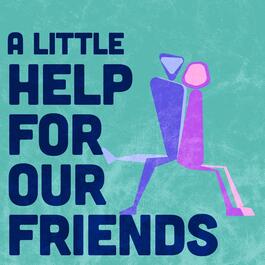
Arrested Development: The Generational Trauma of Emotionally Immature Parents
Send us a text! (add your email to get a response) Are your parents bad at dealing with difficult emotions? Do they fall apart, ignore, criticize or withdraw when you need them the most? Emotional immaturity in parents causes profound ripple effects through generations, creating patterns many of us don"t recognize until we"re deep into adulthood. Based on Dr. Lindsay Gibson"s model of emotional immaturity, we describe the four distinct types of emotionally immature parents —emotional, driven, passive, and rejecting—and how each type uniquely shapes their children"s development. We explore why this topic has exploded in popularity, tracing it back to historical contexts that shaped how each generation views parenting. When survival is the primary goal, emotional complexity takes a back seat, creating generations of parents who never developed the skills to handle their own emotions, let alone support their children"s emotional growth. When children"s own personal growth is stunted by a dysfunctional family, they adopt specific roles as survival mechanisms that often persist into adulthood, limiting their full expression and causing recurring relationship challenges. Whether you"re struggling with an emotionally immature parent or recognizing these patterns in yourself as a parent, we suggest a path toward healing. This path includes awareness, grieving what you didn"t receive, exploring yourself beyond your family role, and developing boundaries based on mutual respect rather than obligation. If you"re ready to break free from toxic dynamics with immature parents and discover your authentic self outside of these roles, book a free call with Dr. Kibby to learn how she can guide you through your healing journey. Resources:Gibson, L. C. (2015). Adult children of emotionally immature parents: How to heal from distant, rejecting, or self-involved parents. New Harbinger Publications. Support the showIf you have a loved one with mental or emotional problems, join KulaMind, our community and support platform. In KulaMind, work one on one with Dr. Kibby on learning how to set healthy boundaries, advocate for yourself, and support your loved one. *We only have a few spots left, so apply here if you"re interested. Follow @kulamind on Instagram for science-backed insights on staying sane while loving someone emotionally explosive. For more info about this podcast, check out: www.alittlehelpforourfriends.com Follow us on Instagram: @ALittleHelpForOurFriends
From "A Little Help For Our Friends"


Comments
Add comment Feedback